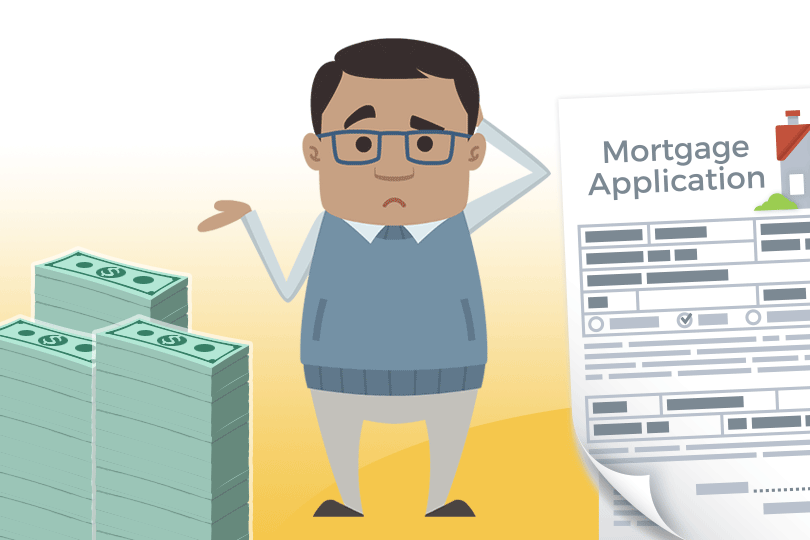FHA Loan Has Strict Rules for Rentals
August 3, 2023
Owner-Occupancy Requirement
FHA loans require borrowers to certify that they intend to occupy the property as their primary residence. This means that the borrower must live in the home as their main place of residence for a significant portion of the year. FHA loans are not intended for investors or for purchasing vacation homes or second homes.
One-Year Occupancy Requirement
FHA borrowers are generally required to occupy the property they purchase for at least one year after the loan's origination. Attempting to use this to purchase a property with the intent to rent it out immediately would likely be considered a violation of the loan terms.
Exceptions for Multi-Unit Properties
FHA loans can be used to purchase multi-unit properties (up to four units) under specific conditions. In the case of multi-unit properties, the borrower must live in one of the units as their primary residence for at least one year. The borrower can rent out the remaining units to tenants after meeting the owner-occupancy requirement. FHA borrowers must also meet certain financial qualifications to ensure they can handle the responsibilities of being a landlord.
Rental Income Considerations
FHA lenders may consider rental income from the property when evaluating a borrower's ability to qualify for the loan. Rental income can be used to offset the borrower's housing expenses and may help them meet debt-to-income ratio requirements.
Refinancing Rental Properties
FHA loans can be used to refinance existing rental properties under certain conditions.
The borrower must provide evidence of their current rental income and meet FHA requirements for creditworthiness and financial stability.
Intent to Defraud
Attempting to deceive the FHA or the lender by falsely certifying owner occupancy when the borrower intends to use the property as a rental or investment property can lead to severe consequences, including the potential for legal action.
It's essential to be transparent and honest with your lender when applying for an FHA loan. If your intention is to use the property as a rental or investment, you should explore other loan options specifically designed for such purposes, such as conventional investment property loans or commercial real estate financing. Violating FHA owner-occupancy rules can result in the loan being called due in full or other legal consequences. Always consult with a qualified mortgage professional to understand the specific requirements and options available to you based on your real estate goals.
------------------------------
RELATED VIDEOS:
Sometimes It Pays to Refinance
Don't Forget Your Closing Checklist
Monthly Payments Establish Good Credit

FHA Loan Articles
October 30, 2021The FHA Rehabilitation Loan program allows lenders to cover the purchase or refinance, as well as the rehabilitation of the home, as part of a single mortgage. This loan can be used to finance a property that is at least one year old with a total cost of repairs amounting to at least $5,000
October 16, 2021The FHA’s aim is to make homeownership more affordable and accessible for Americans, and it has been doing so for decades. It insures home loans made by FHA-approved lenders so borrowers can purchase single-family and multi-family homes in the US and its territories.
September 20, 2021A down payment is an upfront installment or part of a larger amount paid on a purchase. The remainder is paid off in separate installments, usually with interest, as part of a loan. The down payment represents your initial ownership stake in the home you continue to make payments on.
September 2, 2021For many first-time home buyers, the FHA loan is a popular option. With its lenient credit and income requirements, it appeals to young borrowers who don’t have an extensive credit history, or enough money saved up for a down payment.
August 9, 2021Many first-time homebuyers need some help understanding and navigating the ins and outs of the mortgage process, and down payments are an essential part of that. A down payment is an upfront installment made on a large purchase while the remainder is paid off with a loan.







